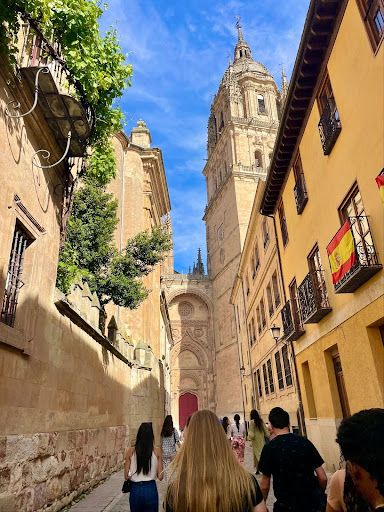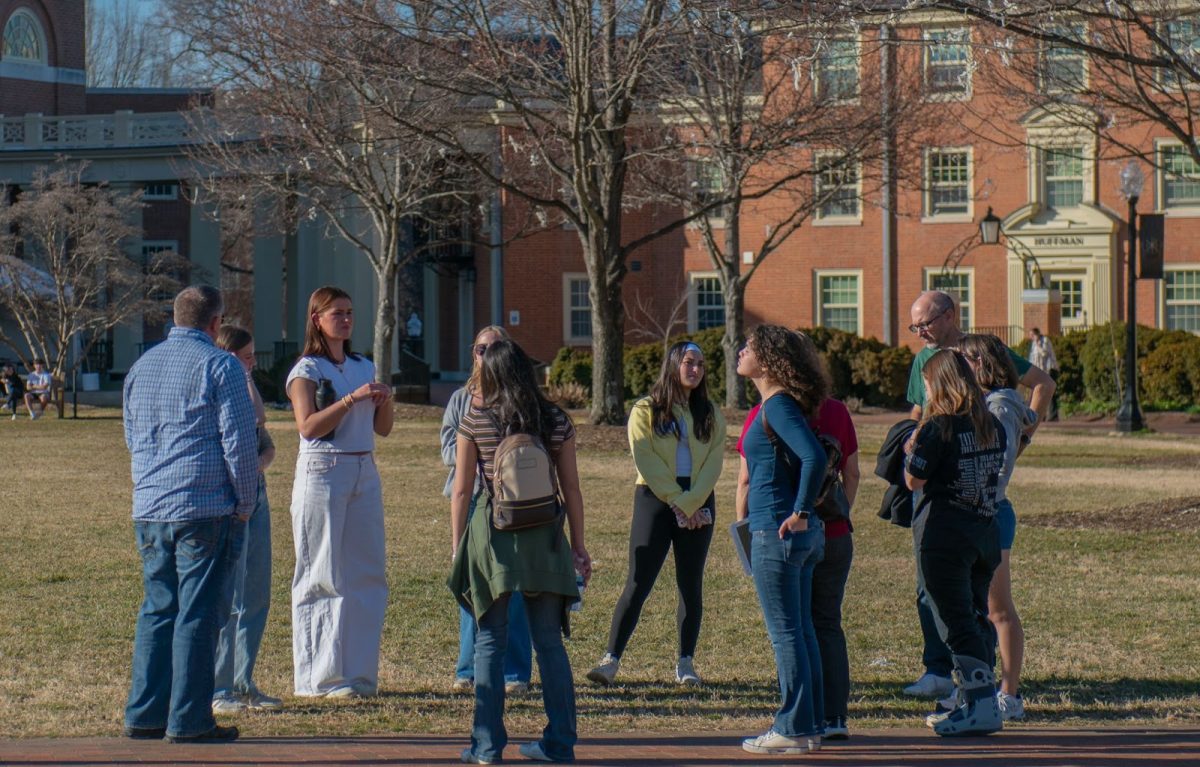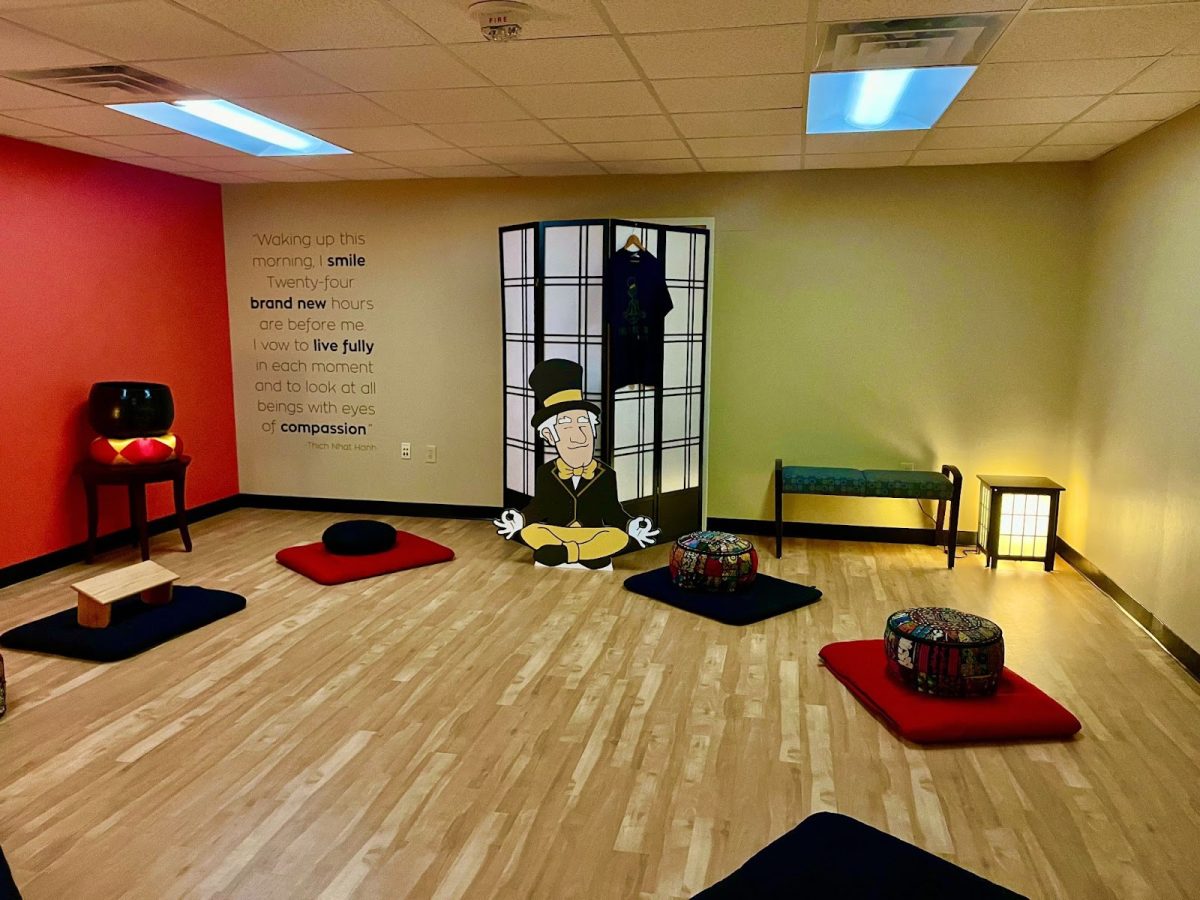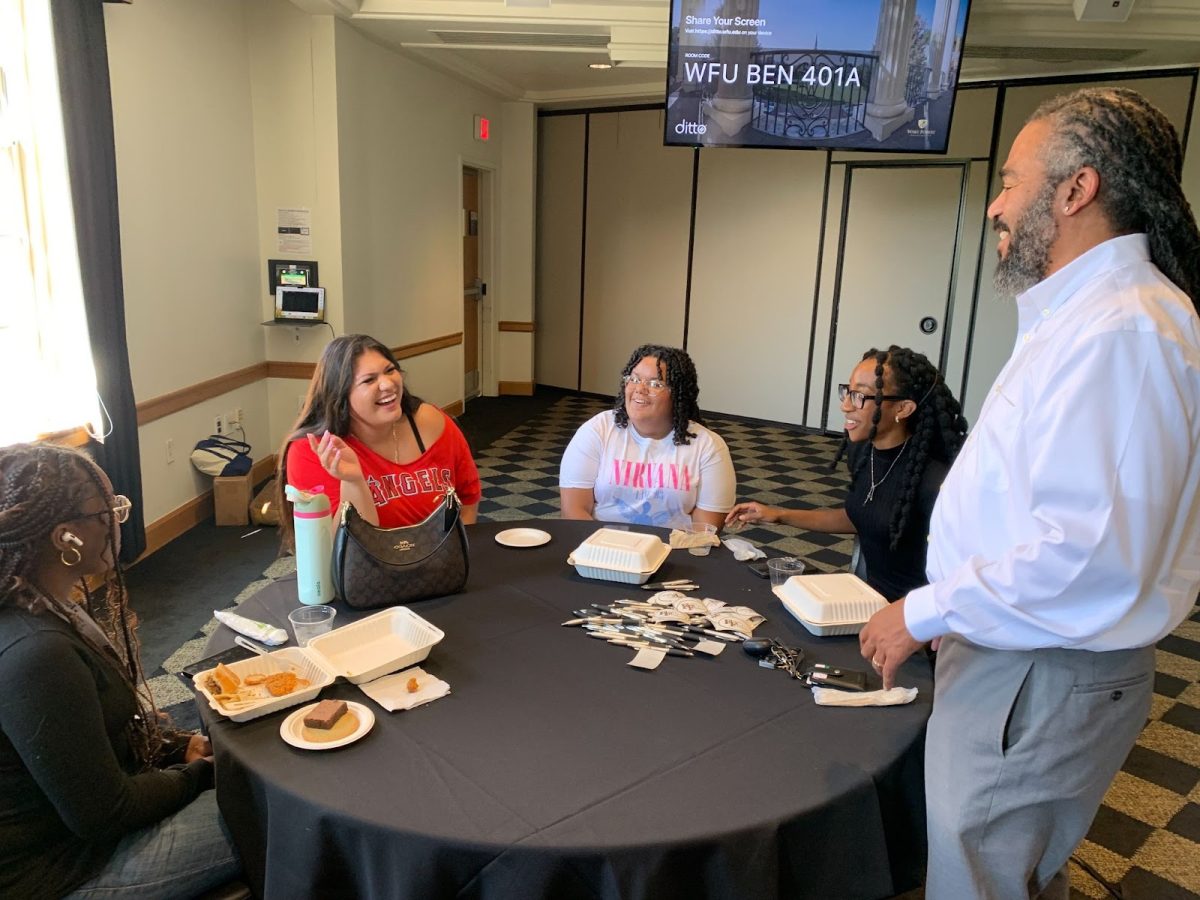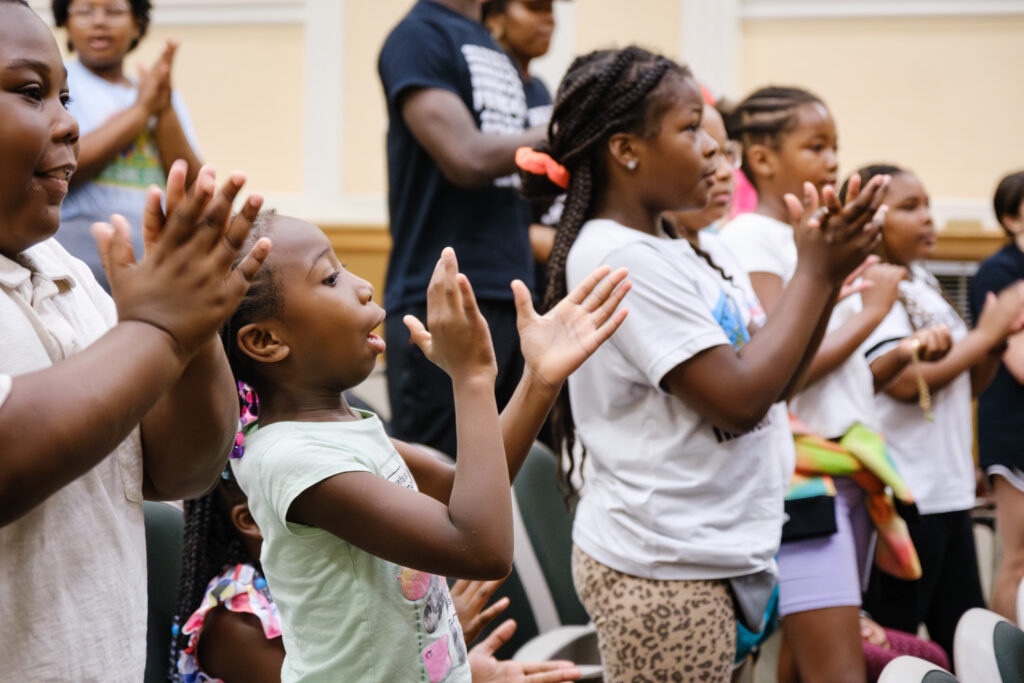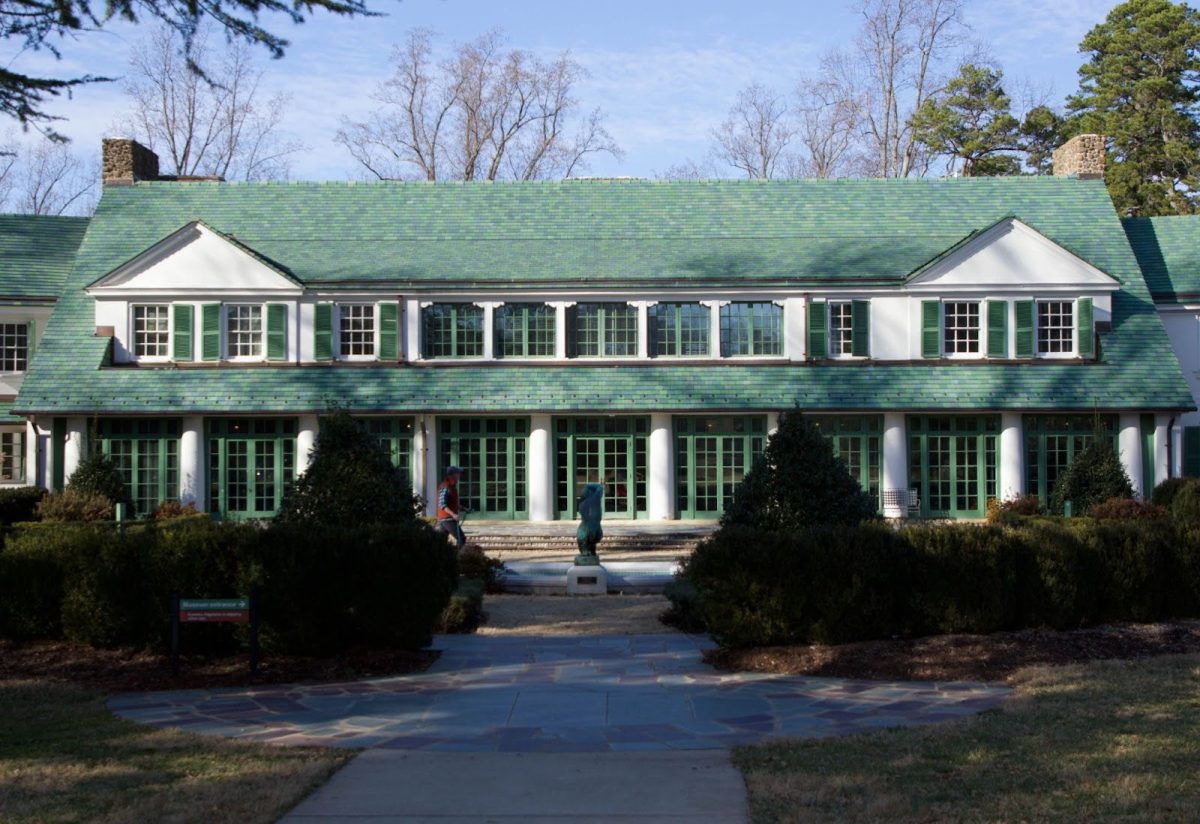The first week in Salamanca, I was overwhelmed. Eating with my host mom every meal was immersive, but I couldn’t shake a nagging feeling of inadequacy. This feeling only grew when I stumbled over the words or had to ask her to repeat her Spanish, slower and slower until I pieced together the gist of her basic questions. Sometimes, I would skip meal times at home and explore the city by myself, taking a little break.
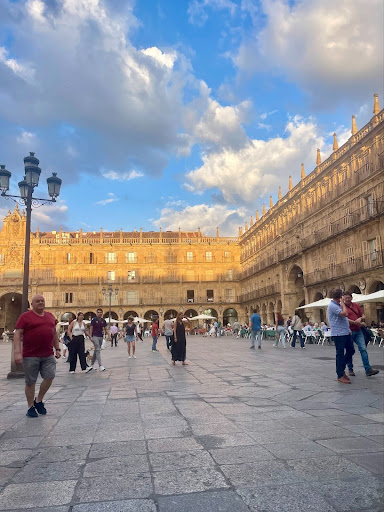
At least once a week, I went to a restaurant called Panka, which was right off the Plaza Mayor. It’s small: one room with four high-top tables and an L-shaped glass counter filled with empanadas. The first week, I was able to stumble over my order, and then I went to sit and read my book. When the server brought me my food, we would chat for a while. Neither of us entirely spoke the other’s language, but I still feel like I made a friend in him. He let me read at that table for several hours while he brought me a few on-the-house empanadas, sometimes continuing to chat, other times just smiling warmly.
Being abroad was challenging. Although I did a solid two weeks of Duolingo before getting on the plane, I was, surprisingly, not fluent in Spanish when it landed in Madrid. I was forced to be present, forced to be wrong, forced to not know. But, because I was so worried about basic communication, I was less worried about looking stupid, and less worried about fumbling social interactions because it was essentially guaranteed. Somehow, I felt much more comfortable being wrong than I ever thought I would. I attributed some of that comfort to the culture of Salamanca, which is the oldest college town in Europe (so old that the class of ‘17 could mean either 2017 or 1217). People are just used to foreign students there.
Aside from the language barrier, simply being in Salamanca was also isolating at first. We were seven hours ahead of my home, which meant there was very little time when I could talk my support system. I couldn’t fall back on calling my parents or hometown friends every time I felt a little lonely. So, I began to lean heavily on the group of students there. Like kids at summer camp who decide their bunk mate is their new best friend, we got very close, very quickly. We traveled together every weekend, and on the last weekend of the program, we went to Gijón, on the northern coast of Spain.
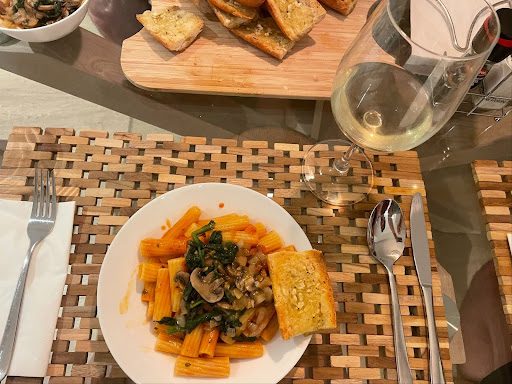
The first night we got there, almost everything was closed, but we managed to get to a grocery store 15 minutes before it shut down. We quickly ran through the store, shouting about various pasta-cooking needs. After grabbing the ingredients, we met our Airbnb host –– who I’m pretty sure was convinced I was fluent in Spanish based on our WhatsApp conversation –– outside his building. He led us up some obviously haunted stairs to the apartment. It had broad windows that you could almost see the ocean out of, a beautiful kitchen with stools on the other side of the countertop and a dining room table big enough for all of us.
We all cooked together that night, creating one of the most lovely memories of my life. I doubt that this group of people would have ever come together organically, and I would have never gone to Gijón. I am thankful we shared the experience of not knowing, together.
On our last day in Salamanca, my friend and I were walking through the streets near the Plaza, and the owner of Panka greeted us, recognizing us as regulars. It was a final reminder of the second home we had made for ourselves in a place I’d been so afraid to go. My experience abroad gave me genuine friends, let me eat more tapas than you could even believe and allowed me to fail safely. I learned that people don’t care if you make a mistake, as long as you’re kind.

